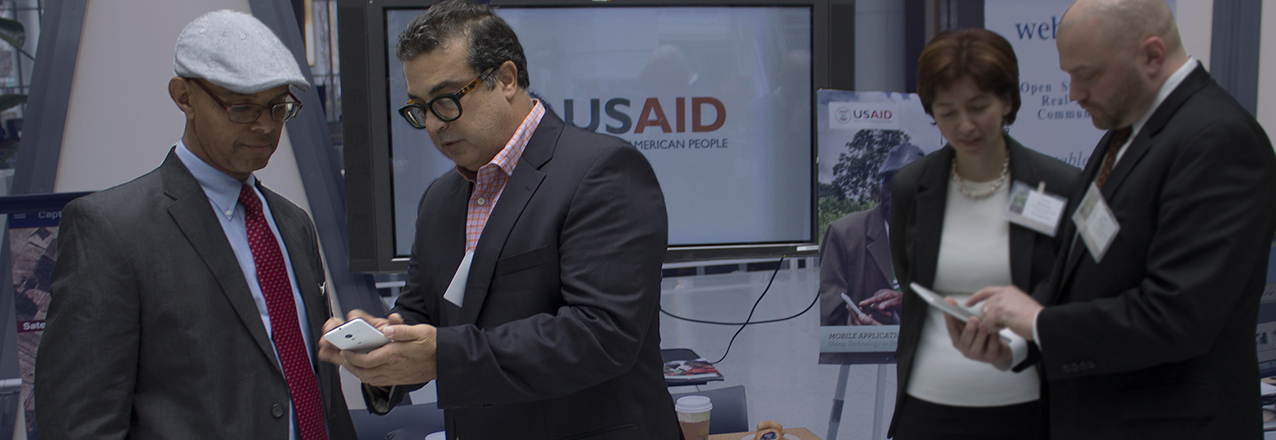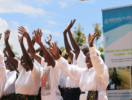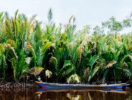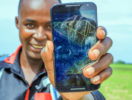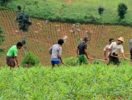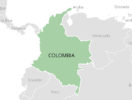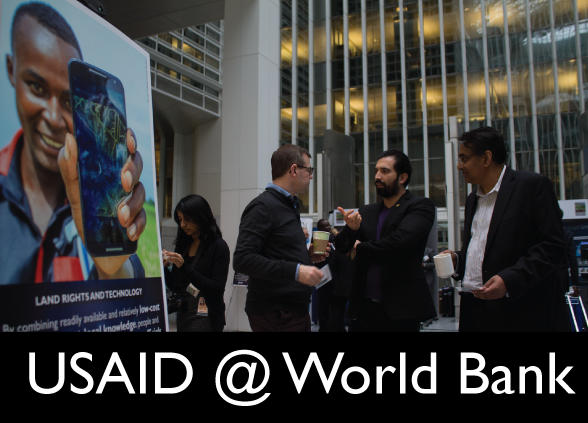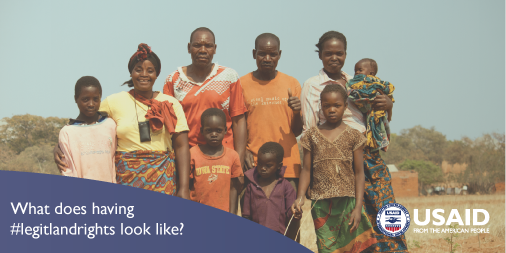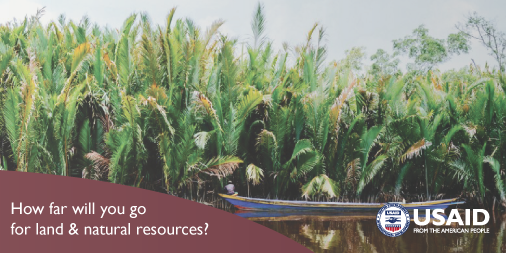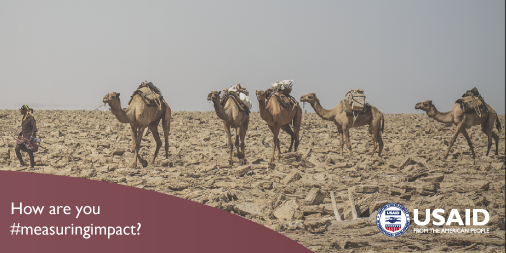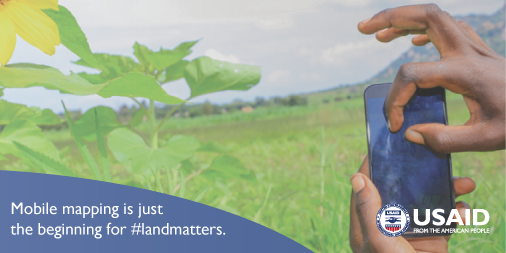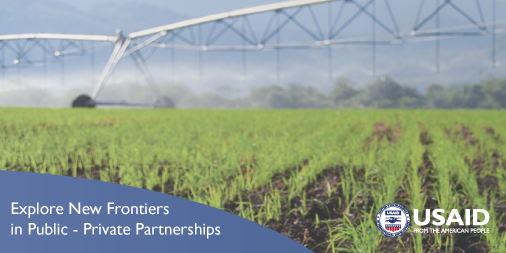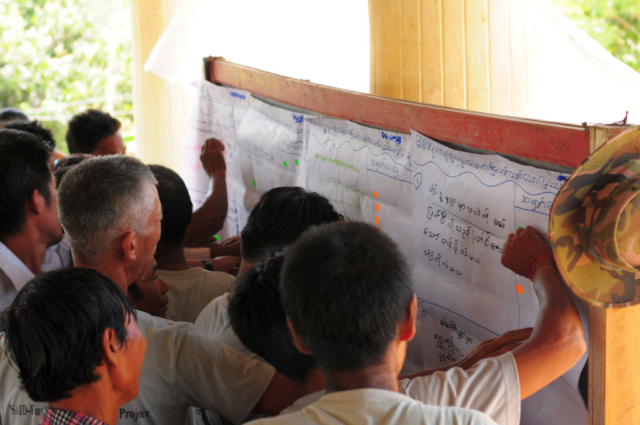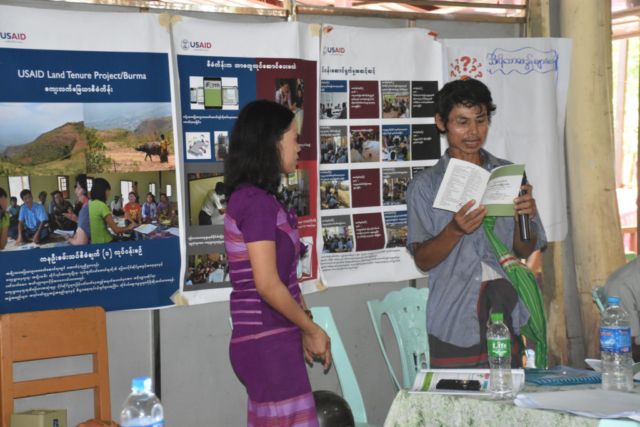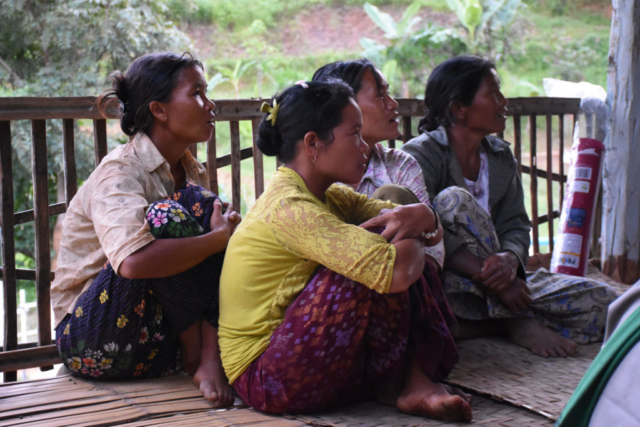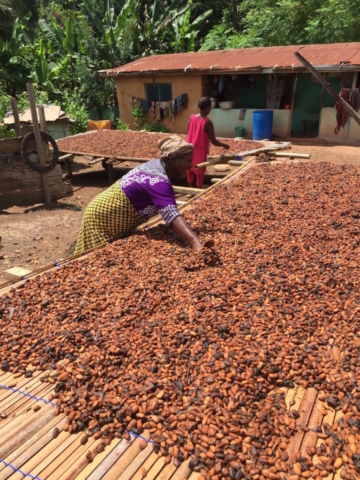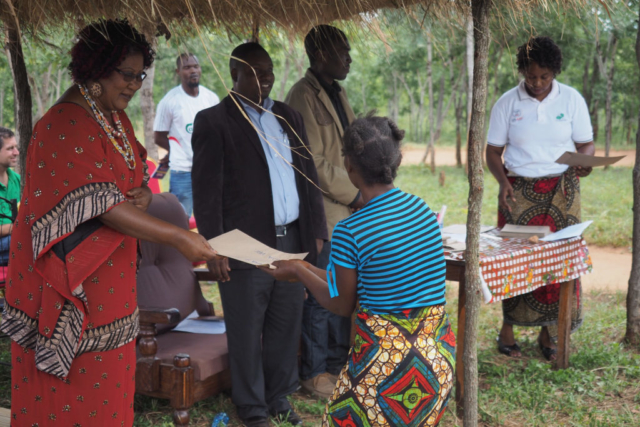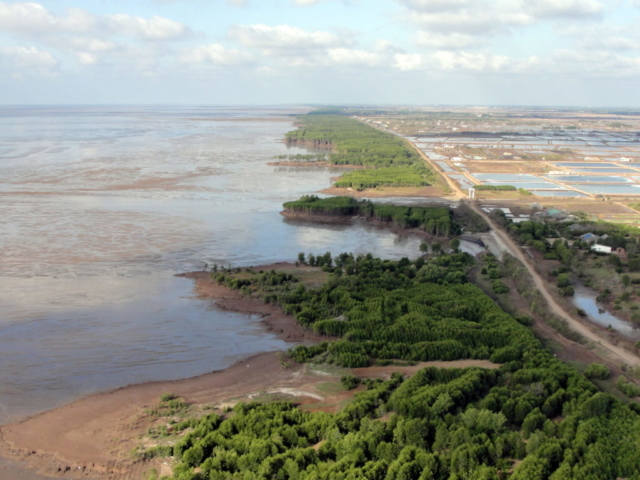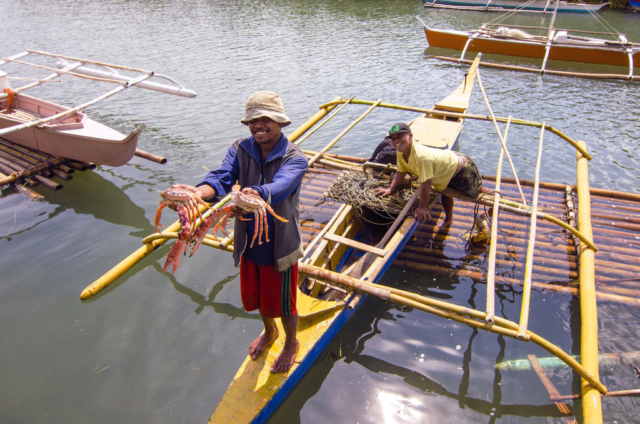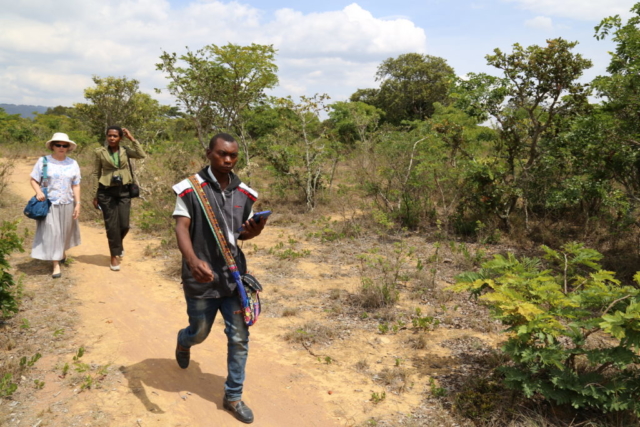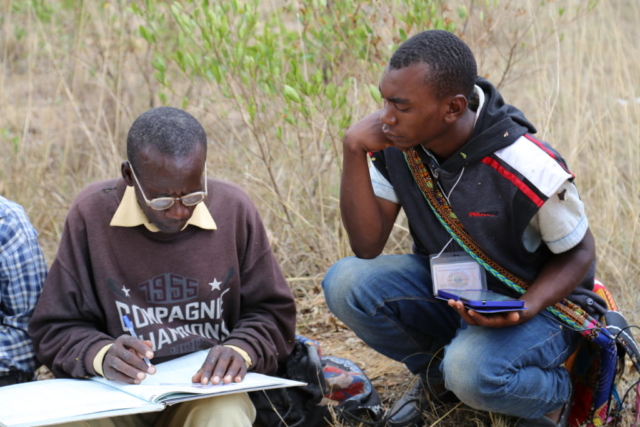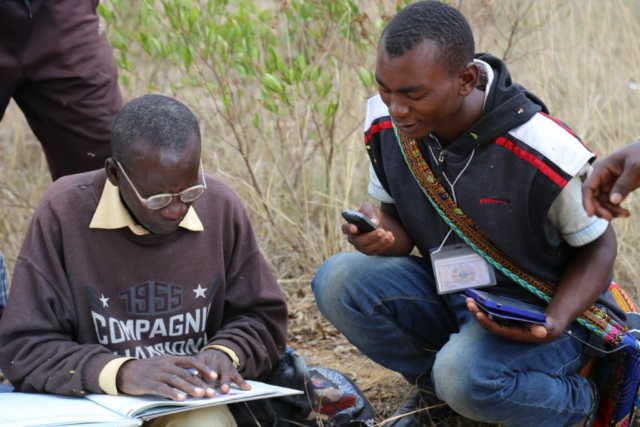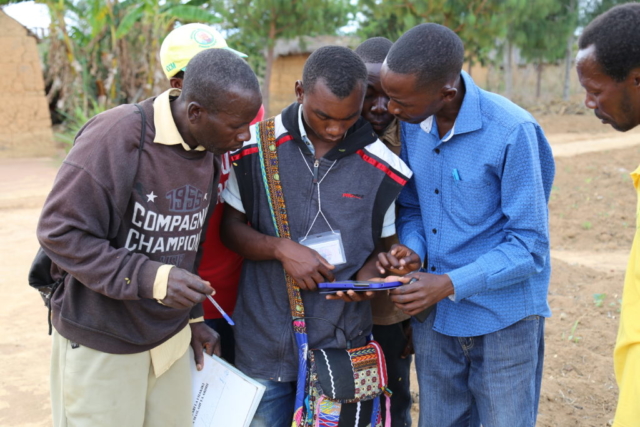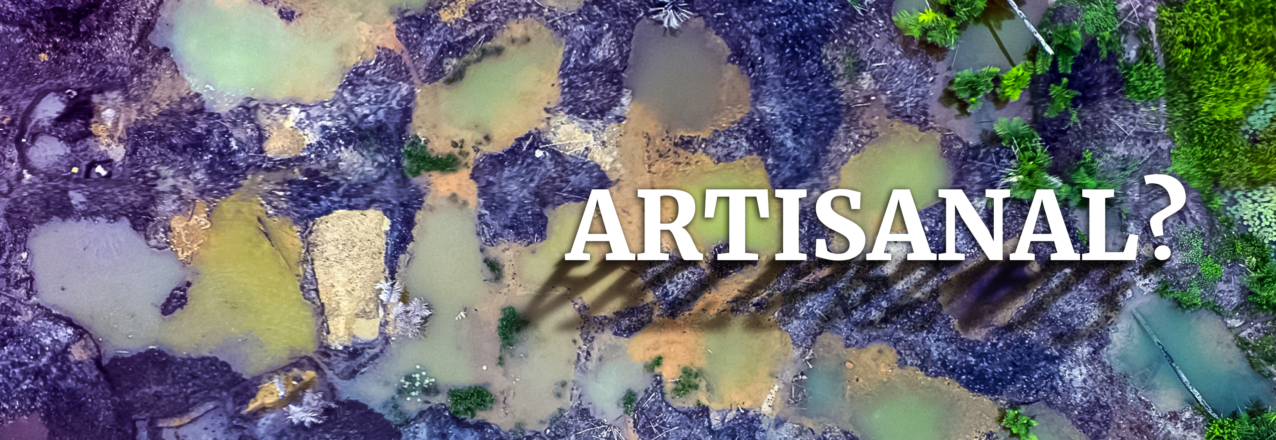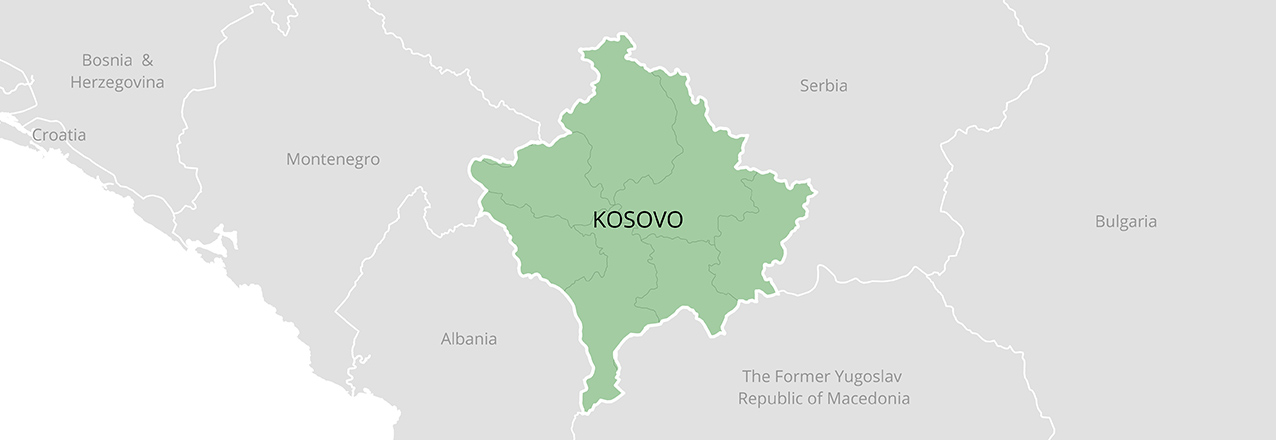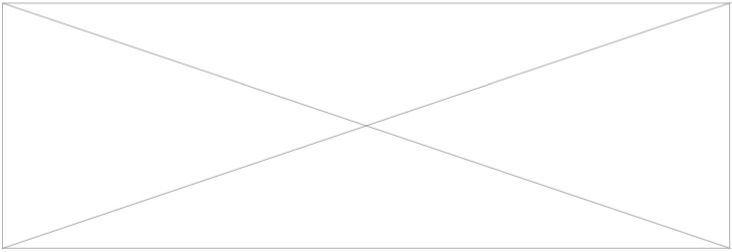Join USAID LandLinks and a panel of experts for an interactive online discussion on land and conflict. Around the world, concerns related to access to and development of land and resources, equitable use of valuable resources, and distribution of revenues associated with land and resource use drive disputes and violence. These diverse and widespread conflicts are often tied to weaknesses in the land sector—particularly to problems associated with land governance. Finding practical, actionable strategies to address these land-related conflicts can help to promote greater transparency, accountability, and resilience; and reduce conflict and support for violent extremism.
Did you miss the live webinar? View the recording here.
You can also connect on Twitter using the hashtag #LandAndConflict and check out this brief on Land and Conflict before the event.
Discussion Moderator
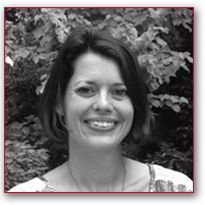 Kim Thompson
Kim Thompson
USAID’s Office of Conflict Management and Mitigation, Bureau for Democracy, Conflict and Humanitarian Assistance
Kim Thompson is a Foreign Service Environment Officer at the U.S. Agency for International Development (USAID) and currently serves in the Office of Conflict Management and Mitigation in Washington, DC. She specializes in the linkages between natural resources and conflict. Kim has served overseas at USAID Missions in the Democratic Republic of the Congo (DRC) and Thailand. Prior to joining USAID, she worked at the World Resources Institute and the International Sustainable Development Studies Institute. She holds an MA in Environmental Policy and International Development from the London School of Economics.
Panelists
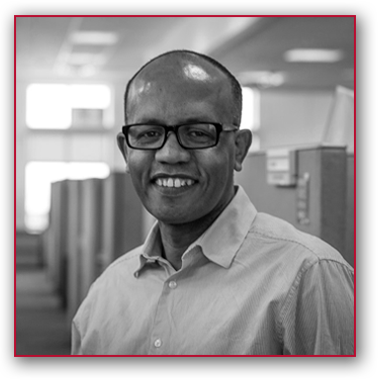 Zemen Haddis, PhD
Zemen Haddis, PhD
Senior Agricultural Policy Advisor, USAID/Ethiopia
Dr. Haddis manages USAID’s LAND project, which focuses on the land rights formalization process in Chifra and Amibara woredas (administrative zones similar to counties) in Afar, Ethiopia. The project works with pastoral communities in Ethiopia to support the formal recognition of customary land rights and strengthen the capacity of formal and customary pastoral land administration and land use institutions.
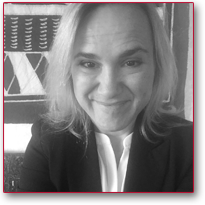 Anna Knox
Anna Knox
Chief of Party, USAID/Colombia’s Land and Rural Development Program
Anna Knox is currently serving as the Chief of Party for the USAID Land and Rural Development Program (LRDP) in Colombia for Tetra Tech ARD, supporting land restitution, land tenure formalization, and rural development. She previously led a USAID project in Rwanda that contributed to an evidence-based approach to policy-making on land and aims to strengthen the capacity of Rwandan research institutions to carry out rigorous policy research. Prior to this, she directed Landesa/RDI’s program in Sub-Saharan Africa where she directly engaged in work in Liberia, Rwanda, Angola, Ghana, Mali, and Burkina Faso. She has extensive experience working on USAID projects, particularly task orders issued under the Property Rights and Resource Governance Program and its predecessor. Beyond her work on project design and implementation, Ms. Knox has done research and published on a wide variety of subjects, including bridging customary and statutory land rights, gender and land rights, land/natural resource tenure and climate change, property rights and technology adoption, devolution of natural resource governance, collective action for watershed management, and participatory monitoring and evaluation. Her experience in land and resource tenure relates principally to Africa and Latin America, where she has cultivated particular expertise on issues of customary tenure, common property, governance of landscape level resources, women’s land and housing rights, and land tenure reform. She has designed and implemented assessment methodologies for resource tenure and governance, and is particularly knowledgeable on methods and issues of participatory rural appraisal (PRA), monitoring and evaluation (M&E), and impact assessment.
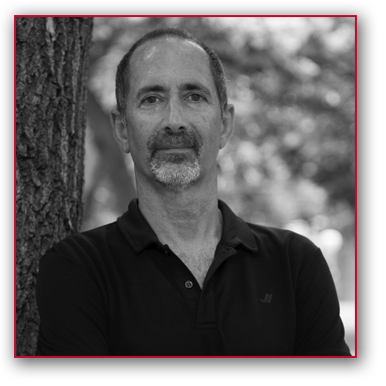 Jon Unruh, PhD
Jon Unruh, PhD
Associate Professor, McGill University
Dr. Unruh has over 25 years experience in developing and implementing research, policy and practice on war-affected land and property rights in the Middle East, Latin America, Africa, and Asia, and has published widely on these topics. His specialty is housing, land, and property (HLP) restitution claims in war-affected scenarios. Most recently he has assisted the UN in a mass claims HLP restitution project in Yemen; and he is currently working on an approach for mass HLP restitution claims for Syrian refugees regarding their lands and properties in Syria. Dr. Unruh has also conducted research and policy work regarding HLP in, Sudan, Liberia, Somalia, Mozambique, East Timor, Sierra Leone, Ethiopia, Uganda, Zambia, Malawi, Madagascar, Cambodia, Angola, Cameroon, Jordan, Colombia, Peru, Zanzibar, Kenya, and Saudi Arabia, and remotely on Syria, Iraq and Afghanistan. He has worked with the UN, The World Bank, USAID, DFID, and other multilateral and bilateral donors and NGOs.


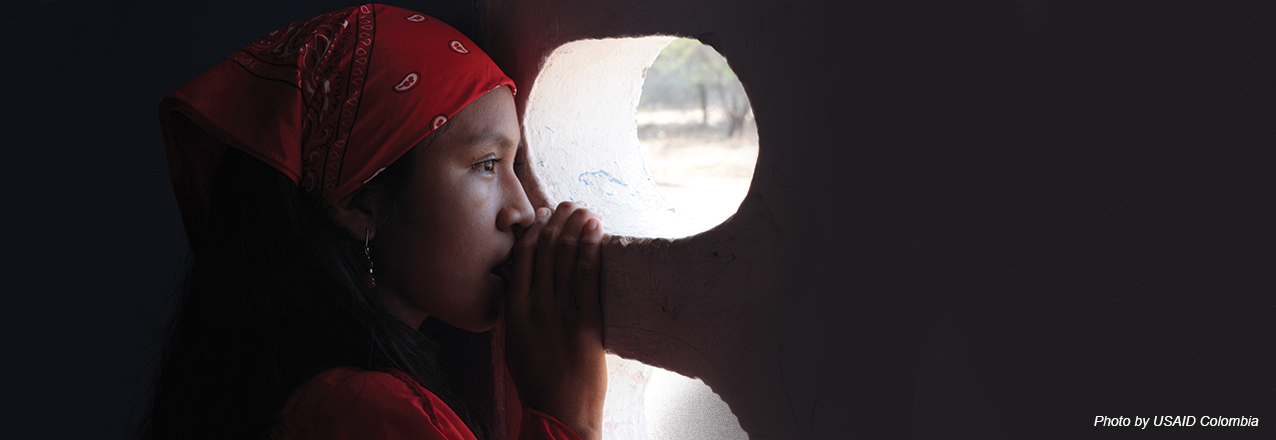
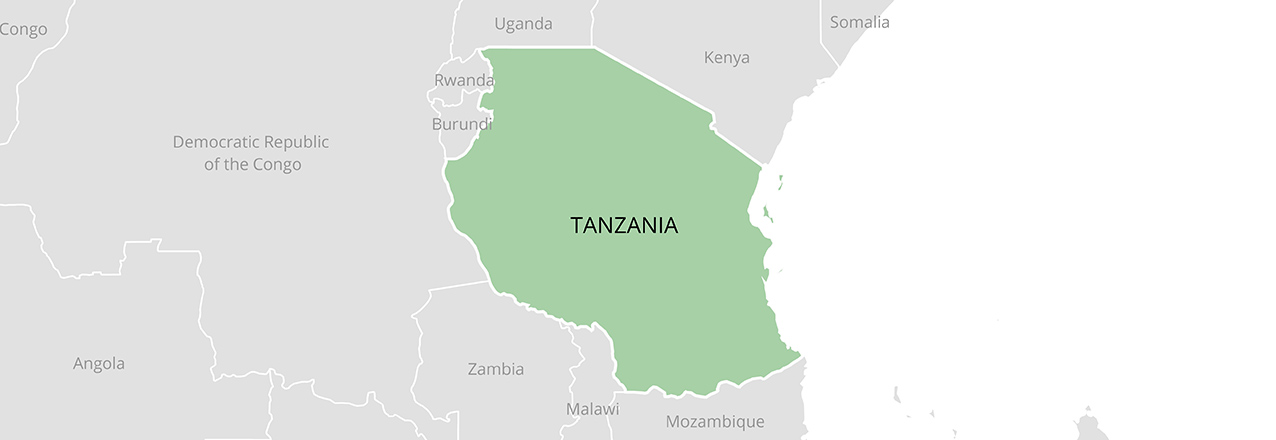
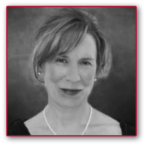 Maureen Moriarty-Lempke, PhD
Maureen Moriarty-Lempke, PhD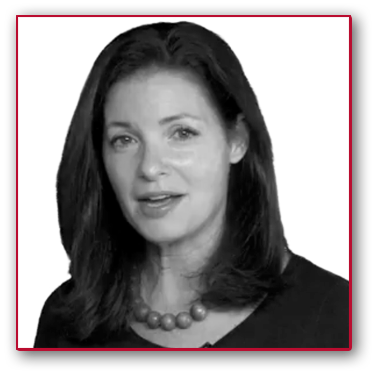 Karol Boudreaux
Karol Boudreaux